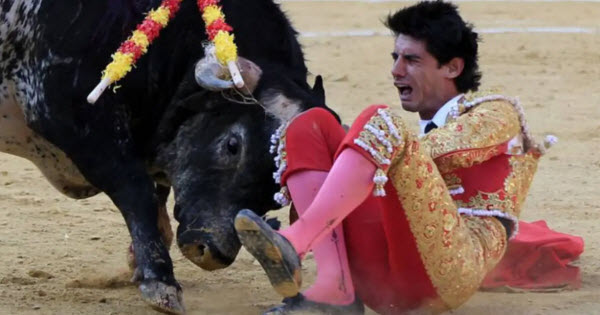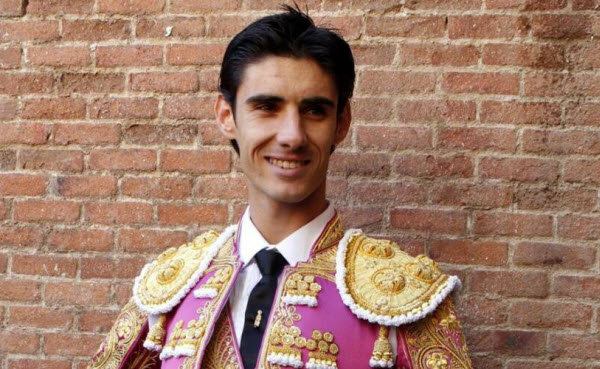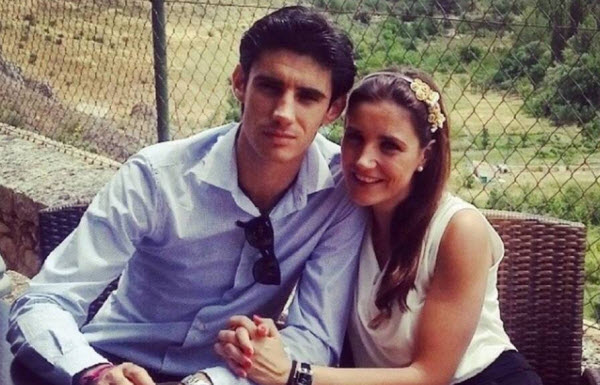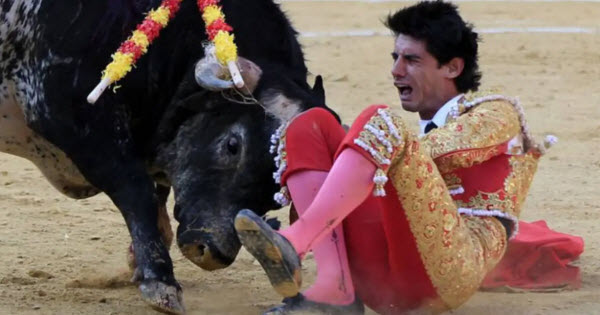On July 9, 2016, Spain witnessed a tragic incident that was broadcasted live on television: the renowned matador Víctor Barrio died in a horrific accident during a bullfight with a bull named Lorenzo at the Feria del Ángel festival in Teruel, the capital of the Aragon region. His wife, father, sister, and grandparents watched in horror as he fell in the arena. Although this was not the first time a matador had died in the ring—two other bullfighters, Manolo Montoliu and Ramón Soto Vargas, had previously died in separate incidents—Víctor Barrio’s death became a pivotal moment for animal rights organizations, prompting calls to end the brutal sport and sparking a reconsideration of this bloody tradition among many Spaniards.

Víctor Barrio was born on May 29, 1987, in Segovia, Spain. Little is known about his early life, except that he was a golf ball collector before becoming a bullfighter. His fascination with bullfighting stemmed from its historical roots dating back to ancient Greece, though it was modified by the Spanish to include elements from Iberian, Gothic, and North African fighting styles. Modern Spanish bullfighting began to take shape in 1726, thanks to Francisco Romero, who introduced the sword and cape now iconic in bullfighting. Barrio first entered the ring on July 13, 2008, at Las Ventas de Ritanosa in Toledo, where he emerged victorious after cutting off the ears and tail of his bull.

As Barrio’s career progressed, he received numerous prestigious awards and became a celebrated figure in the sport. When he entered the ring for the last time at the Feria del Ángel, it was expected that he would add another victory to his growing list of successes. However, this expectation was shattered when Lorenzo, a bull weighing over a ton, charged at Barrio shortly after being released into the arena. The bull gored Barrio with its horns, causing severe damage to his lungs and ultimately severing his aorta and damaging his heart. Throughout these tragic moments, Barrio’s wife, journalist Raquel Sanz, whom he married in 2014, watched in terror with his father Juan, his sister, and his grandparents. The rest of Spain also witnessed the incident live on television.

Barrio was rushed from the ring to the hospital, but the injuries caused by Lorenzo were too severe for the doctors to save him. He was pronounced dead shortly after arriving at the hospital, becoming the first bullfighter to die in the ring in the 21st century. The then Spanish Prime Minister, Mariano Rajoy, expressed his condolences on Twitter. As is customary, the bull Lorenzo was killed immediately after causing Barrio’s death. There were calls to also kill Lorenzo’s mother, Lorenza, which led to protests from animal rights activists worldwide, considering such an act as cruel to Lorenza, who had committed no wrongdoing. Others argued that the bullfighter deserved his fate due to his actions in the ring. A hashtag, #SaveLorenza, was launched on Twitter until a Spanish reporter revealed that Lorenza died of old age a few days after her son’s death.
The tragedy of Víctor Barrio’s death cast a shadow over Spain and led some to question whether the tradition should be discontinued. However, as of the writing of this article, bullfighting remains legal in most parts of Spain. Yet, thanks to the efforts of Spanish animal rights organizations and growing awareness about the plight of bulls during bullfights, the sport’s popularity has significantly decreased. A 2015 opinion poll revealed that only 19% of Spaniards aged 16 to 65 support bullfighting, including those aligned with the far-right as a cultural aspect of Spanish nationalism. Efforts to reduce or ban the practice are often dismissed as anti-nationalistic by liberals.

Regardless of bullfighting policies, Víctor Barrio’s death is largely responsible for the sport’s declining popularity among Spaniards in recent decades. The COVID-19 pandemic further exacerbated this decline, as the 2020 bullfighting season was canceled, resulting in losses exceeding $800 million. When the industry petitioned the Spanish government for aid to mitigate these losses, there was public outrage, with many Spaniards arguing that it was unjust for the government to bail out an industry that abuses animals while the majority of people struggled to survive. By 2021, with approximately 52% of Spaniards believing that bullfighting should be banned or lose government funding, and with many eastern Spanish provinces having banned the sport, bullfighting in Spain faces an uncertain future, with predictions that it may become a historical relic in the coming years.
